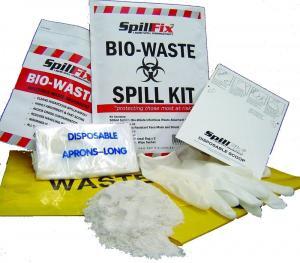![]()
 Japan is struggling with its worst peacetime disaster on record. While the Japanese government and defence forces work desperately to contain the damage from the 9.0 magnitude earthquake, broad questions are emerging about the viability of nuclear energy.
Japan is struggling with its worst peacetime disaster on record. While the Japanese government and defence forces work desperately to contain the damage from the 9.0 magnitude earthquake, broad questions are emerging about the viability of nuclear energy.
Here in Australia, uncertainty reigns over what impact this tragedy will have on local industry – particularly the resources sector.
Japan is one of Australia’s principal commodity export markets. The country buys an estimated 2,500 tonnes of our uranium each year, making Japan our third biggest customer after the US and the European Union.
The future of this commercial relationship – and indeed of uranium mining in general – has been thrown into doubt by the nuclear crisis Japan. According to a March 14 report in the Wall Street Journal:
“Billions of dollars of uranium-mining investments in Australia could be at risk if explosions and radiation leaks at reactors in quake-hit Japan prompt governments to rethink plans to produce more nuclear power.”
Global confidence in nuclear power is wavering in the aftermath of events in Japan. In response to the crisis, the German government moved immediately to shut down some of its own ageing reactors – and a similar response from other major economies is possible.
Australian uranium stocks have taken a significant hit in the wake of Japan’s crisis. Uranium mining companies here, most notably BHP Billiton, are now faced with a serious dillema: to push ahead with planned new uranium developments, or place a freeze on uranium projects until the long-term implications of the Japan crisis are clear.
The ultimate impact of this disaster will not be known for some time, but one thing is clear: there is now a powerful new argument against nuclear energy. This tragedy in Japan will be a talking point in the debate for many years to come. The Australian Greens have been quick to seize on this news in their argument against nuclear energy.
There is some good news for Australian exports in amongst all this. Japanese demand for finished steel exports is forecasted to spike in the near future, as the country begins an enormous reconstruction effort that will likely last for many years.
Envirosafe Solutions is committed to sustainable industry that’s safe for our planet. This tragedy is a reminder of the need to invest in green technology to meet our power requirements for the future. We express our heartfelt condolences to the people of Japan at this difficult time.




















